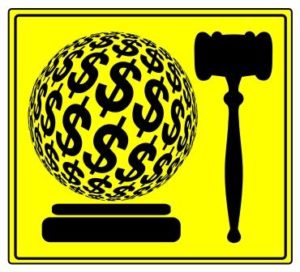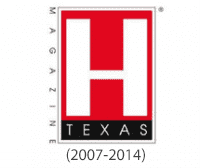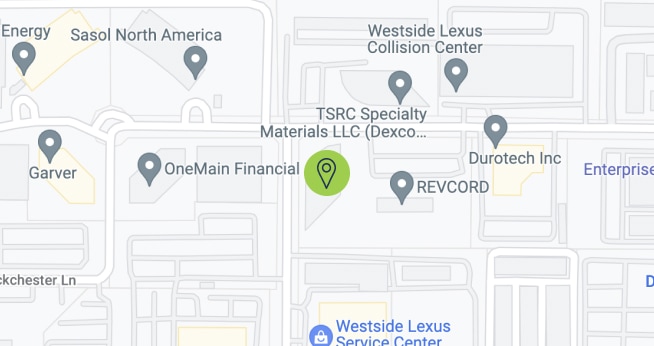What Are Punitive Damages in Texas?

The nature of punitive damages, also called exemplary damages, is very misunderstood by the public. Due to some outrageous lawsuits, some people have very negative feelings about these types of awards in civil cases.
The fact of the matter is that a jury finding, ordering punitive damages can be of great value to our society by both punishing a person or company that has done terrible harm and send a message to those that would also commit the same conduct.
Whether it is one of the many industrial companies in Houston that violates safety rules, which can result in the death of an employee or a fraudster that preys upon the elderly, an award of punitive damages can go a long way to protect possible future personal injury victims. Here you will learn about these damages – who can get them and who pays them.
What are Punitive Damages: The Law in Texas
Under Texas law, punitive damages or what’s often referred to as exemplary damages are awarded in personal injury cases where the plaintiff shows by clear and convincing evidence that the harm caused by the offending party was due to gross negligence, malice or fraud.
Gross Negligence.
In personal injury cases, the most common claim for punitive damages arises from gross negligence. To prove gross negligence, one must prove, by clear and convincing evidence, that an act or omission:
- Which when viewed objectively from the standpoint of the defendant at the time of its occurrence involves an extreme degree of risk, considering the probability and magnitude of the potential harm to others; and
- of which the defendant has actual, subjective awareness of the risk involved, but nevertheless proceeds with conscious indifference to the rights, safety or welfare of others.

Juries often award punitive damages in cases involving gross negligence.
So, gross negligence does not mean the perpetrator actually intended to cause the harm, only intended to proceed with the risky, dangerous conduct which ends up causing the harm. For example, shooting a gun over the heads of people certainly would be gross negligence if the shooter did not actually intend to hit anybody but ended up shooting a person anyway. Likewise, the drunk driver in Houston that causes a car accident does not intend to hurt anybody when they get behind the wheel but they certainly knowingly drive while intoxicated. If you are hit by a drunk driver, find a car accident lawyer that will seek punitive damages.
Malice.
Unlike gross negligence, malice involves the actual intent to cause substantial injury or harm.
How to Prove Malice?
Proving actual malice involves showing that the actor desired the consequences of his act, or that he believes the consequences are substantially certain to result. Therefore, firing a gun at somebody certainly involve malice as serious injury is substantially certain to result from the conduct. Intentional harm would also involve malice.
Punitive damages due to fraud.
Fraud is generally understood by people to mean deception, cheating, etc. In seeking punitive damages for fraud, a claimant must show “actual fraud” which involves intention to deceive the victim rather than an unintentional misrepresentation which is acted upon by the victim.
Constitutional Considerations
Even if malice, fraud or gross negligence is proven under Texas law, the award and amount of punitive damages could violate the due process clause of the United States Constitution. The United States Supreme Court has held that there are three considerations to determine whether a punitive damages award violates the Constitution:
Reprehensibility of the conduct being punished.
Reprehensibility involves a) the harm inflicted was physical rather than economic; b) the tortious conduct showed an indifference to or a reckless disregard for the health or safety of others; c) the target of the conduct had financial vulnerability; d) the conduct involved repeated actions; and e) the harm resulted from intentional malice, trickery, or deceit, as opposed to mere accident.
Reasonableness of the relationship between the harm and the reward.
In determining the reasonableness of an exemplary or punitive damage award, the court will consider: 1) the nature of the wrong, 2) the character of the conduct involved, 3) the degree of culpability of the wrongdoer, 4) the situation and sensibilities of the parties, and 5) the extent to which the defendant’s conduct is an offense to the public sense of justice and propriety.
The Difference between the award and civil penalties in similar cases.
The main reason the courts analyze punitive damage awards in this way is because of the purpose of these type of damages. Punitive damages are not meant to reward the plaintiff necessarily or cover their losses. Actual damages are meant to make the plaintiff whole. Exemplary damages are meant to punish the offender and deter future wrongdoing.

Texas Punitive Damage Cap
No matter what the injury, in most cases an award of punitive damages is limited in Texas. The maximum amount that can usually awarded as punitive damages can’t exceed the greater of (1)(a) two times the amount of economic damages; plus (b) an amount equal to any non-economic damages found by the jury, not to exceed $750,000; or (2) $200,000.00. As an example, if somebody is hurt in a car accident caused by a red-light runner and has medical expenses of $100,000 and pain and suffering of $50,000.00, the jury could award an additional $250,000.00 in punitive damages for a total of $400,000.00.
Cases where the Cap does not apply
When the actions by the defendant amount to certain felonies and are committed “knowingly and intentionally”, the plaintiff can seek punitive damages in excess of the usual cap. The felonies to which the exception to the cap applies include murder, sexual assaults, fraud, intoxication assault and intoxication manslaughter. In the case of intoxication assault and intoxication manslaughter, proof of knowingly and intentionally is not required. Intoxication assault and manslaughter are usually found in DWI accident cases. Whenever we represent victims of drunk driving accidents, we always seek unlimited punitive damages.
Exemplary damages are often sought in wrongful death matters. Surviving spouses and heirs in wrongful death actions are among plaintiffs who may be in a position to not only prove a cause of action for negligence, but show the homicide of their loved one was through gross neglect or was willful or particularly malicious and thus allow a jury to consider exemplary damages.
Demonstrating entitlement to exemplary or punitive damages requires the assistance of skilled trial lawyers. If you or a loved one has been the victim of an injury in Houston caused by gross negligent or malicious or willful actions of another, contact personal injury attorneys at Fleming Law. Call 737-201-0543.

Brendan received his JD from South Texas College of Law and his MBA from Baylor University. He then began his legal career as in-house counsel for a publicly-traded company, advising on matters such as mergers and acquisitions, securities, compliance, and general corporate transactions. He then worked at a national law firm in which he represented commercial banks, private equity firms, and business owners in complex transactions before joining Fleming Law, Brendan uses his considerable knowledge of business-related matters by working on cases involving business law, real estate law, and contracts. Connect with me on LinkedIn








